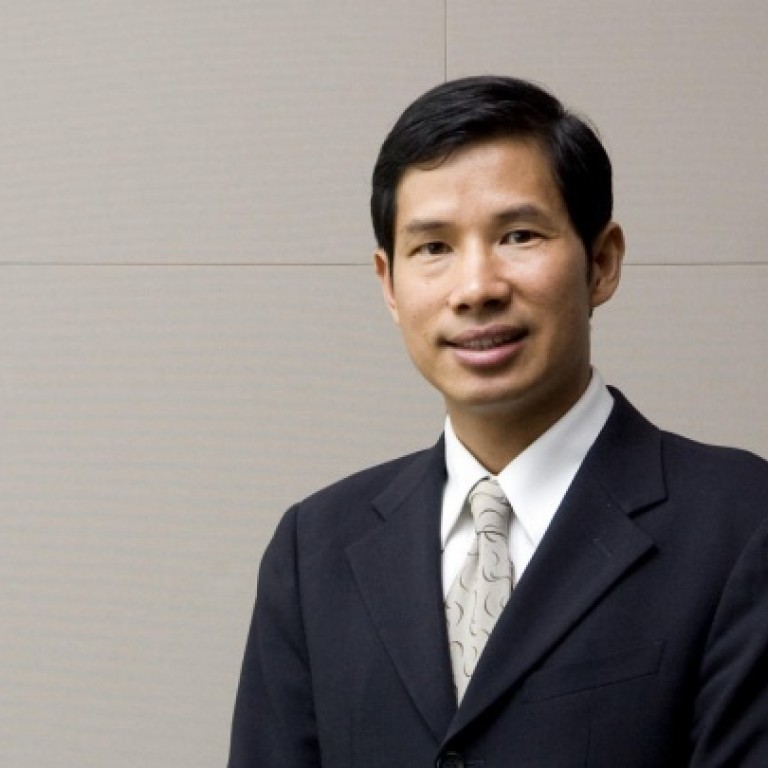
China 'not facing a public debt crisis,' says economist Fred Hu
Veteran economist says debt-to-GDP ratio of 60 to 65 per cent is 'comfortable'
Beijing can easily get its public debt under control, but it would have to be more careful about making promises that it cannot meet without big budgetary support, a veteran Chinese economist has declared.
Fred Hu, who was one of the most senior partners at Goldman Sachs in Asia and is co-founder and chairman of the Beijing-based investment firm Primavera Capital Group, said he did not think the mainland faced a debt crisis in the near term, and he rejected speculation on local government debt as overblown.
Last month the , quoting a senior mainland auditor, reported that local government debt had already spun out of control. There have also been concerns about the widespread shadow banking system, of which local government debt accounts for a major portion.
Early this month, JP Morgan's chief China economist, Zhu Haibin, estimated that the mainland's shadow banking system had grown to 36 trillion yuan (HK$45.2 trillion), or nearly 70 per cent of gross domestic product.
Hu, who sits on the advisory committee of the Securities and Futures Commission, said: "In my professional career, every few years someone or other turns up predicting a debt crisis for China. At this point of time, I think China is in good shape and there is no imminent debt crisis in China."
Hu said that the mainland's public debt-to-GDP ratio of up to 65 per cent was moderate compared with the United States, Britain and Japan. The European Union has set its 27 members a debt ceiling of 60 per cent of GDP.
"For a growing economy, debt-GDP ratio is not a fixed one. It's dynamic. Italy or Spain, why are they in trouble? It's because their economy is shrinking and they have heavy debt. I think 60 to 65 per cent is a level that China can manage comfortably," Hu said.
"We're now in a new era of economic development as our government has recognised the issues regarding underfunded pensions, education and environment," he said, referring to the areas into which Beijing is expected to pour money in the coming years.
Dai Xianglong, head of the National Social Security Fund, said last month that Beijing would use state funds to shore up the shortfall in its pension pool. The government has also indicated that it will take more concrete actions to fix air and industrial pollution, in particular in some northern big cities such as Beijing.
Hu warned the central government not to make too many promises that it might not be able to meet, resulting in greater budgetary expenses.
"My biggest worry is public pressure on public finance and on the government, given our unique [political] system. Public pressure comes from too many promises. Of course, politicians always like to make promises they can't deliver," said Hu, who advised the central government on financial industry reforms.
The government had promised to curb property prices and make public housing affordable for more people. However, Hu said, prices had not eased nor had public housing increased to the extent many had expected.

